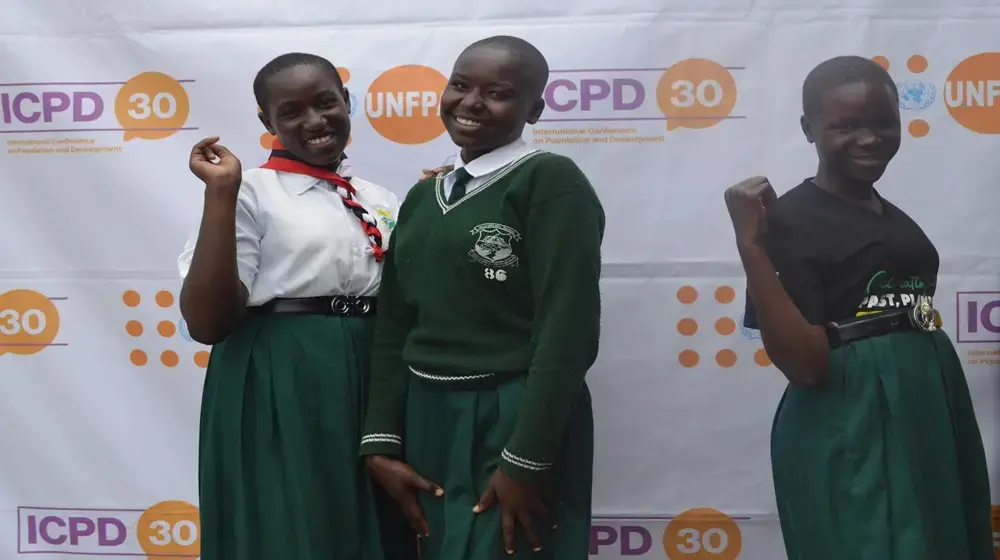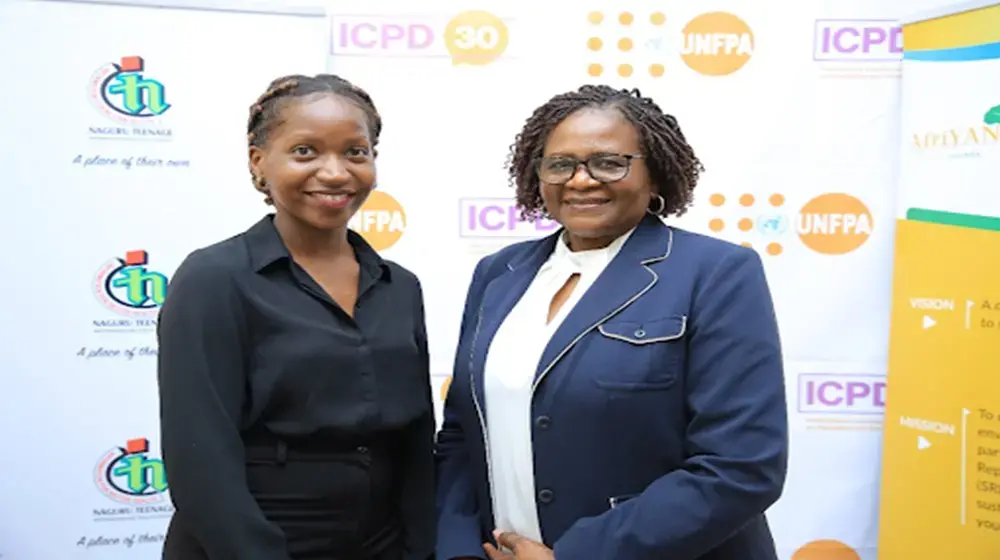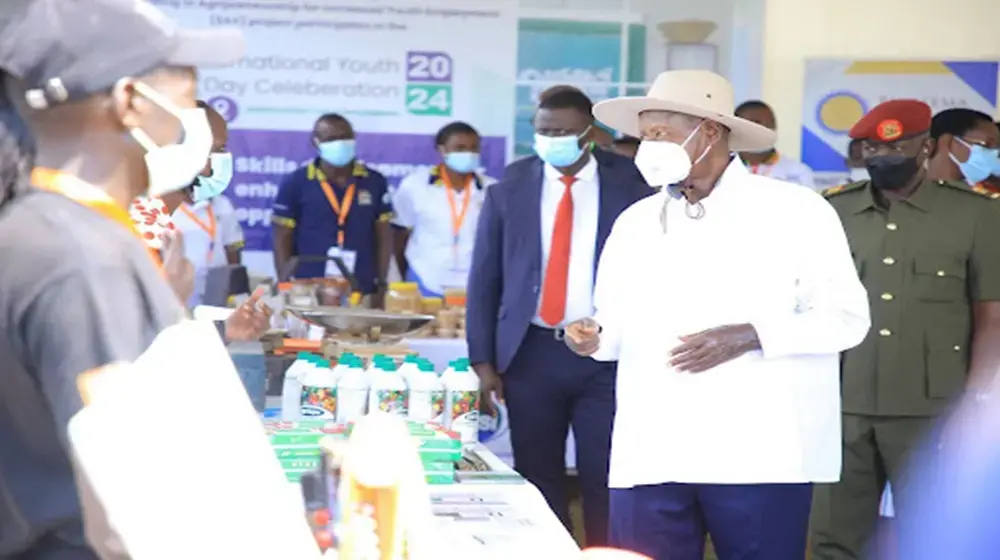Uganda has had a history of a vulnerable political landscape that peaks up during election times, often resulting in violence, conflicts and criminal activities. The Central and Rwenzori regions in Uganda have been reported as hotspots for violence with the youth at the center.
Youth involvement in election violence in Uganda is occasioned with tragic outcomes and continues to pose a threat to peace and security, undermining the long-term sustainability of the democratization processes. This in turn poses a risk of viewing youth as troublemakers rather than potential actors for peacebuilding.
With support from the UN Secretary Generals Peacebuilding Fund (PBF) project, a rapid assessment was conducted to generate evidence on improving youth inclusion in peacebuilding.
Conducted by ACORD, from the study population, the assessment revealed that 96 percent of the youth reported having been engaged in violence. In addition, factors associated with youth engagement in violence included a range of historical, cultural, socio-economic and political factors.
According to the assessment, many policies outlined hinder youth from meaningfully engaging in peacebuilding. For instance, the assessment identified that the Uganda Local Government Act currently only allows space for four youth representatives per district, which put youth at a great proportionate disadvantage, considering that the youth consists of 78 percent of the society. Age is also a barrier as the Local Government Act only allows for participation as chairperson for those ages 30 and above, largely excluding youth by its own definition of youth 18-30 years of age.
Gaps in political will to meaningfully engage youth in peacebuilding processes was also considered a barrier. A very limited engagement of young people in political procedures was identified, with young leader’s rarely consulting and making connections to the youth that they are supposed to represent.
The study also found that only four percent of youth leaders had consultations with their constituencies after being elected. In addition, insufficient financial support to existing youth structures limit youth to enhance and advocate for their agency and inclusion.
The assessment made four recommendations to improve future programming within youth and peacebuilding:
Adopt a long-term process approach that enables a supporting environment for youth and peacebuilding interventions that mitigate violent extremism;
Sensitize youth on peacebuilding during election times through dialogue sessions, social media, cultural/religious leaders, role models, popular artists and use of newest technologies;
Integrate the agenda on violence extremism reduction in the school and education Curriculum; and support programmes for ex-youth combatants through life skills training and income generation to recurrence of violence extremism. Read full assessment report here:
https://uganda.unfpa.org/en/publications/unfpa-findings-recent-assessme…
Written by Anne Madeleine Larsson





